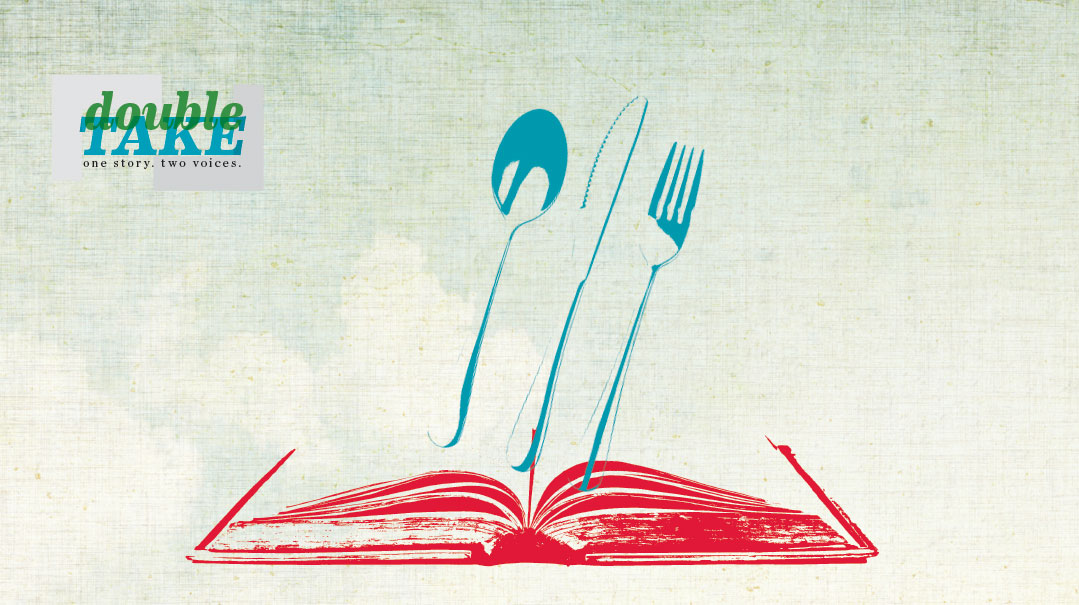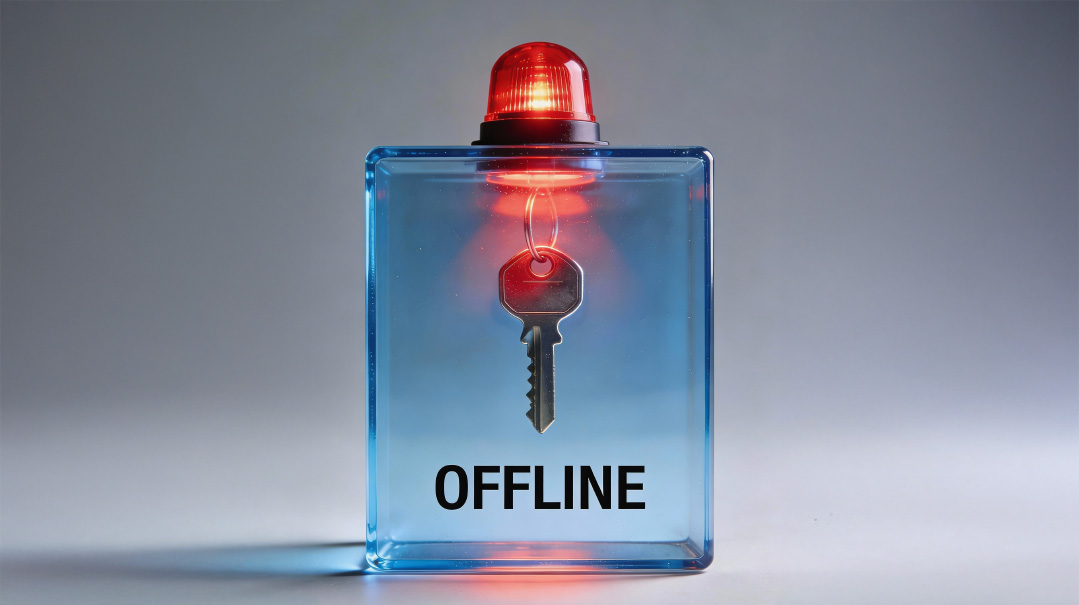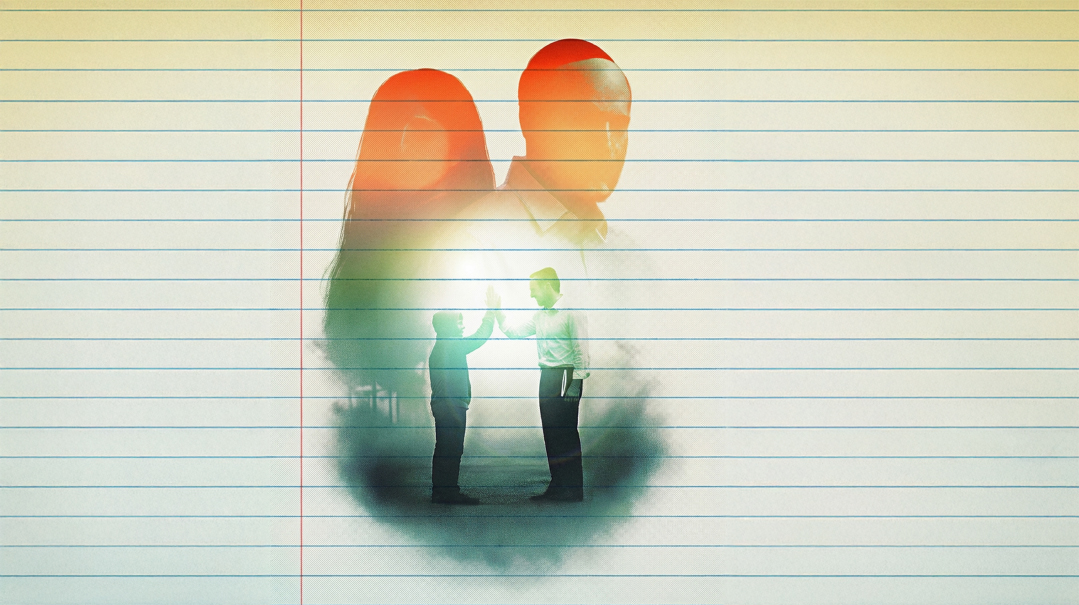Discordant Notes
| September 16, 2020I hoped the kehillah would welcome Luzzy, see past his shabby appearance, and understand that here was a lost soul who desperately needed our kindness

Sruli: Can’t you accommodate an old man who’s had a hard life?
Michoel: Chesed is wonderful, but not at the expense of everyone around you.
Sruli
I know Luzzy from way back, so far back that I can’t really remember him not being part of our lives. I always thought of him as old, but technically speaking, he must’ve been only around middle-age when I was a child.
Luzzy ate with us almost every Shabbos. He walked funny, like he should’ve had a cane but couldn’t afford one. His clothing smelled bad, and I used to wonder if he ever changed shirts. He also had these weird habits, like checking the peephole before leaving our house. He was suspicious and strange and sometimes aggressive, but my parents treated him like a prince, and we kids grew up with Luzzy at the table as if it were the most natural thing in the world.
When my parents decided to fulfill their lifelong dream of aliyah, my father didn’t forget about Luzzy. He made me promise I’d continue the Gluckstein tradition — host Luzzy for Shabbos meals and make sure he was okay.
“He lives alone, no family, he’s had a geferliche time in life,” Tatty said, shaking his head. “Without Shabbos invitations, who knows if he’d ever get a decent meal?”
Without you and Mommy, you mean. I didn’t say it, but I knew it was the truth. There weren’t many people willing to host our longstanding Shabbos guest.
I checked in with Breindy, of course. She knew Luzzy from his frequent visits to my parents, and she agreed to extend him an open invitation. After a few months, Luzzy seemed as comfortable at our table as he’d ever been at my parents’ house. I was happy to be able to relay that to Tatty, grateful to Breindy for being willing to accommodate our eccentric guest, and relieved that it was working out well.
It was Shimmy, my six-year-old, who took things to a new level.
“Ta, where does Luzzy go to shul?” he asked me innocently, as we cleared the table from Shabbos lunch.
I paused, my hand resting on the glasses I was collecting. “I don’t actually know,” I confessed. Funny, for all these years I’d taken for granted that he had a shul, a place somewhere, but come to think of it, we often knocked on the door of his basement apartment to offer him a meal, and I’d never seen him walking around town on Shabbos morning.
“He could come with us,” Shimmy offered enthusiastically. I patted his cheek. “That’s a great idea, tzaddikel,” I told him. “Let’s invite him to join us next Shabbos.”
I daven in a beautiful shul, a warm and welcoming kehillah, very united and friendly. It has a large membership, but the rav still takes the time to get to know everyone personally. I hoped the kehillah would welcome Luzzy, see past his shabby appearance, and understand that here was a lost soul who desperately needed our kindness.
Apparently, it wasn’t to be.
Oops! We could not locate your form.








Comments (4)